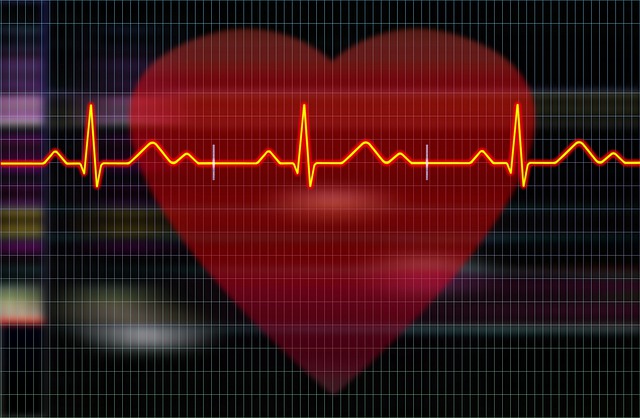A new scientific statement from the American Heart Association reviews strategies to improve shared decision-making in cardiovascular care
Summary Shared decision making is increasingly adopted in healthcare and recommended in cardiovascular guidelines. Patient participation in health care decisions, doctor-patient communication , and patient-centered care models are critical to improving health outcomes and promoting equity, but formal models and evaluation in cardiovascular care are incipient. Shared decision making promotes equity by involving clinicians and patients, sharing the best available evidence, and recognizing the needs, values, and experiences of individuals and their families when faced with the task of making decisions. Widespread support for shared decision making as a critical component of high-quality, value-based care has increased our awareness, although acceptance in clinical practice remains suboptimal for a variety of patient, clinician, and system problems. Effective strategies to promote shared decision making include educating physicians on communication techniques, involving multidisciplinary medical teams, incorporating trained decision coaches, and using tools (i.e., patient decision aids) at appropriate levels. literacy and numeracy training to support patients in their cardiovascular decisions. This scientific statement sheds light on the limited but growing body of evidence of the impact of shared decision making on cardiovascular outcomes and the potential of shared decision making as a driver of health equity so that everyone has a fair opportunity. Multi-level solutions must be aligned to address challenges in policy and reimbursement, system-level leadership and infrastructure, physician training, access to decision aids, and patient engagement to support fully encourage patients and physicians to participate in the shared decision-making process and to drive equity and improvement in cardiovascular outcomes. |
Comments
A new scientific statement from the American Heart Association highlights evidence supporting shared decision making, a term that describes the process of ensuring patients have the knowledge and tools to make decisions about their health in collaboration with their healthcare team. medical attention. The statement is published in Circulation , the peer-reviewed flagship journal of the American Heart Association .
More than 100 trials have shown that shared decision making improves patient understanding, acceptance, and satisfaction with their health care; however, adequate levels of shared decision making occur in only 10% of face-to-face consultations across a range of health services and care specialties.
The statement details the key components of shared decision making:
- Clearly communicated and unbiased evidence about risks, benefits and reasonable alternatives to treatment.
- Clinical experience provided in a way that is relevant to the patient.
- Inclusion of the patient’s values, goals and preferences in the decision process.
The statement presents models of shared decision making and ways to measure it in research, as well as strategies to promote its use. Potential solutions to increase shared decision-making in cardiovascular care include reimbursement for consultations, team-based care, integrating decision aids into electronic records, and training physicians in communication skills. that support shared decision-making more effectively and are sensitive to cultural, racial, and racial differences. ethnic, ethnic and language considerations for each patient.
This statement was prepared by the writing group committee on behalf of the American Heart Association Council on Cardiovascular and Stroke Nursing; the Council of Clinical Cardiology; the Council for Care Quality and Outcomes Research; the Hypertension Council; the Council on Kidney in Cardiovascular Diseases; the Council on Lifelong Congenital Heart Disease and Heart Health in Young People (Young Hearts); the Cardiometabolic Health and Lifestyle Council; the Peripheral Vascular Disease Council; the Epidemiology and Prevention Council; and the Stroke Council. The American Heart Association’s scientific statements promote greater awareness of cardiovascular disease and help facilitate informed health care decisions. Scientific statements describe what is currently known about a topic and what areas need additional research. While scientific statements inform guideline development, they do not make treatment recommendations.
















